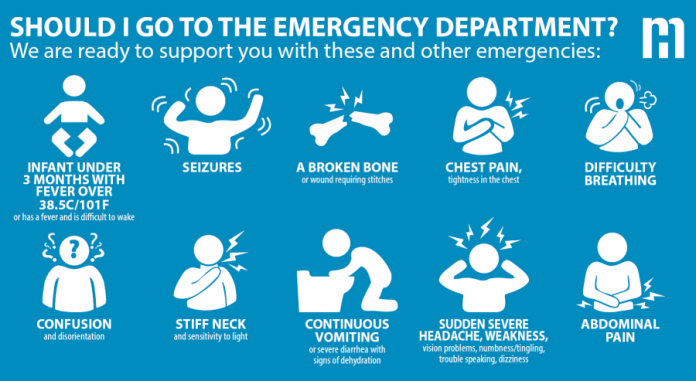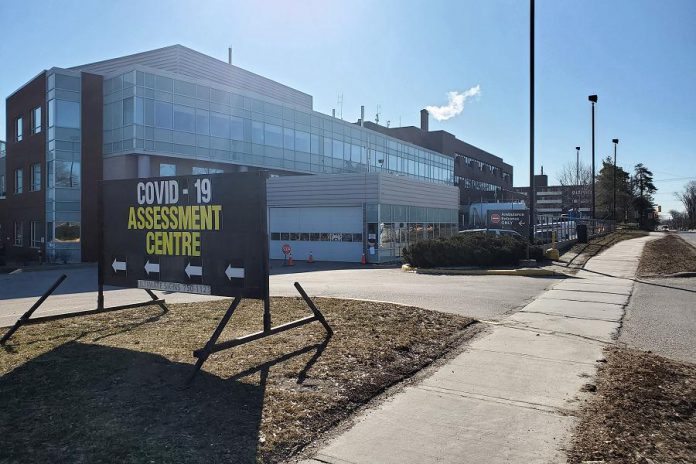The COVID-19 outbreak at Ross Memorial Hospital in Lindsay was declared over on Thursday (May 7).
On April 17th, an inpatient on the hospital’s CCP1 (Continuing Care Program) unit tested positive for COVID-19. On April 20th, two hospital workers on the unit tested positive for COVID-19, but it has since been determined through contact tracing that one of the infections was unrelated to the hospital.
The hospital worked with the Haliburton, Kawartha, Pine Ridge District Health Unit to complete contact tracing and testing, and the outbreak was limited to one patient and one staff member.
“Our team quickly identified and contained the spread of COVID-19 on the unit, maintaining the safety of our patients and staff,” says the hospital’s president and CEO Kelly Isfan.
Isfan also encourages people experiencing serious health issues not to be afraid to visit the hospital to seek care.
“The emergency department has seen a significant decrease in visits, but this does not mean our community members are not experiencing medical emergencies,” Isfan points out. “Our team is here for you, and we don’t want you to delay a hospital visit if you need care.”
Reasons to visit the emergency department include:
- Seizure or convulsions
- A broken bone or wound requiring stitches
- Chest pain or tightness in the chest
- Difficulty breathing
- Abdominal pain
- Confusion and disorientation
- Stiff neck and sensitivity to light
- Continuous vomiting or severe diarrhea with signs of dehydration
- Sudden severe headache, weakness, vision problems, numbness, tingling, trouble speaking, or dizziness
In addition, any infant under three months of age with a fever over 38.5°C (101°F) or who has a fever and is difficult to wake should be seen at the emergency department.

As for elective procedures and scheduled surgeries, Ross Memorial Hospital is in the planning phase to resume these services, in accordance with the framework announced by the Ontario government on Thursday (May 7).
That framework requires hospitals to have a stable number of COVID-19 cases, a stable supply of personal protective equipment, a stable supply of medications, adequate capacity of inpatient and intensive care unit beds, an adequate capacity of health human resources, and the availability of post-acute care outside the hospital that would be required to support patients after discharge.
As the current time, hospitals are only allowed to begin planning for the resumption of elective procedures and scheduled surgeries. A March 19th directive from Ontario’s chief medical officer of health that requires hospitals to reduce or eliminate non-essential and elective services remains in effect.



























